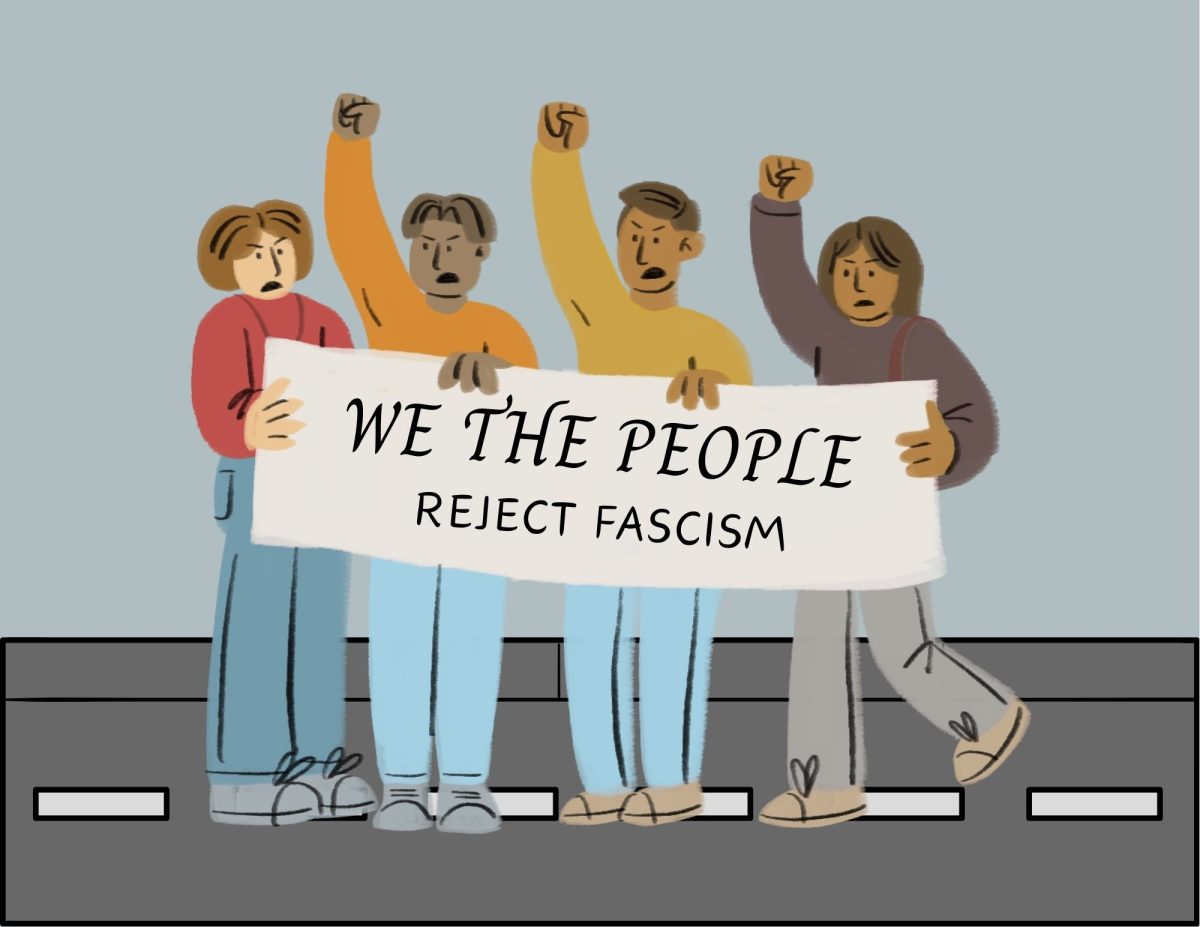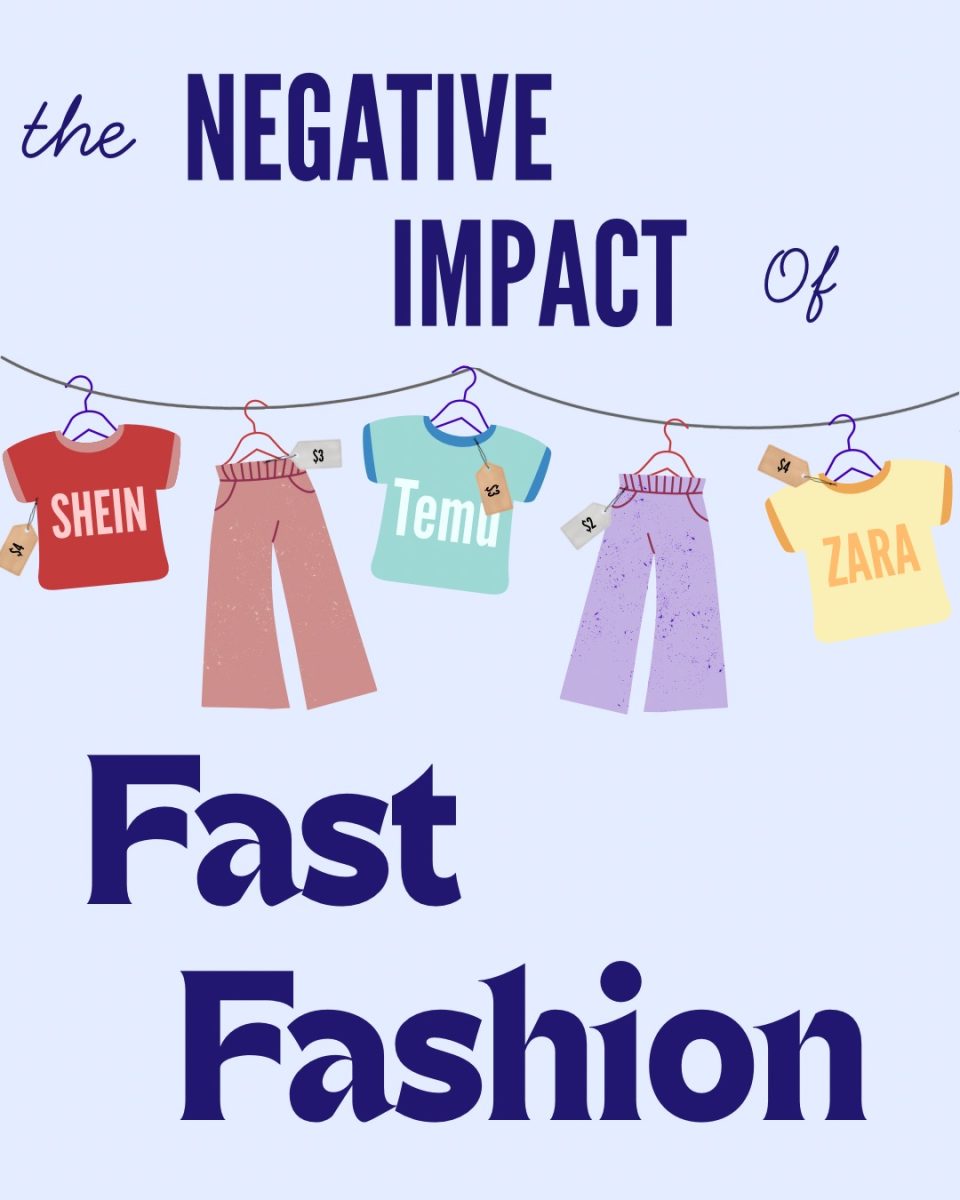Starbucks is writing on its cups again.
In 2012, “come together” was written on lattes all over Washington D.C. to encourage U.S. legislators to come to a budget agreement. This time, the chain is taking on a bigger crowd.
Starbucks all over the U.S. began writing “race together” on their cups last Friday as part of a new year-long effort to encourage racial discussion and “stimulate conversation, compassion and positive action regarding race in America,” according to the Starbucks website.
Spurred by violent events in Ferguson, New York, and Oakland, the movement hopes to see people acknowledge racial disparity instead of ignoring it.
Starbucks President and CEO Howard Schultz hopes that the cup messages facilitate conversations between baristas and customers and emphasize the need of passion, empathy, and love towards others in America.
The “Race Together” initiative is Starbucks’ way of bringing race issues to center stage in America. But is it their place to start this conversation?
The firm should certainly be applauded for using their influence as a corporate giant to try to make the world a better place. And inspiring passion, empathy, and love towards others, as CEO Schultz wishes to do, sounds like a wonderful goal.
Bringing citizens together is a good cause. There is obvious racial disparity in America, and I’m not just talking about police brutality.
I’m talking about how when you look around the campus, racial groups are often separated.
I’m talking about sororities purely full of black girls, and fraternities that white boys wouldn’t even think about joining.
Yes, there is racial separation in America. I’m not saying that we are all to blame and we can’t stop social assimilation until every black person has a white best friend. I’m not so extreme.
People are people and we click with who we click with, and I think that is acceptable regardless of race.
So if a group of Nepalese kids get along, that’s awesome. We don’t need to force an Irish guy into the mix just to say that we’ve achieved something.
But those Nepalese kids need to feel comfortable talking to that Irish guy.
It’s unfortunate that there is discomfort in integration for many in the U.S. This may be partially due to stereotypes, but I blame it mostly on this: people feel comfortable around people who are similar to them.
This is disappointing because we have a lot to learn from people that are different than us, despite our discomfort.
One year when I was in high school we had a foreign exchange student from China, and I introduced myself to him and spoke to him regularly.
One day, I was speaking to him when a friend of mine came over to ask me a question. Guided by social convention, I introduced her to the exchange student, and she smiled and shook his hand.
And then he said something to her that neither of us understood.
She looked at him with a puzzled expression for about .8 seconds before nervously laughing and walking away.
This says a lot for how we handle differences in America. Instead of bravely looking them in the face and asking them to repeat themselves so that we can understand, we get nervous and walk away.
I commend Starbucks for taking a step towards making sure that we don’t nervously walk away anymore.
The cause is good, but I find flaws in their application.
They want their busy baristas to stop steaming milk so they can engage in a conversation about a topic that is sure to bring about controversial opinions.
One of the movement’s spurring moments was the events that took place last year in Ferguson, Missouri.
That’s not exactly a quick coffee house conversation piece. That’s heavy stuff.
Not only does Starbucks now have to worry about potential passionate debates between their employees and their customers, but they also have to worry about their employees representing the company’s interest.
You know what has the potential to get really personal really quickly? Discussions about race.
Starbucks can’t reasonably think that their huge amount of employees all share the same personal opinions as CEO Schultz. And they can’t reasonably make them.
I’m honestly still a little fuzzy on what Starbucks is trying to accomplish here.
Promoting understanding with a simple message on a cup is great.
But trying to heal a major social wound one frappe at a time may result in more aggravated customers than progress.
Religion can be spoken about freely, yet we tread softly when publically mentioning it.
But, the hardest idea to grasp is that having the right to spread religious awareness is certainly not the same as pushing beliefs on others.
While people reserve the right to practice religious freedom and to speak without restraint about any faith they choose, forcing others to listen isn’t freedom of speech; it’s harassment.
There are over 127 major religions and seven billion people on earth with seven billion different views of God. Some love Him, some fear Him, some question His existence and some are still searching for Him.
Some will decide that God plays no role in the trials and tribulations of life, while others will find faith the moment they see their newborn child take the first breath of being.
Whether we discover where we spiritually belong in a pew on Sunday morning or on a lonely drive with no destination, the journey to finding or forgetting God is what determines our views. We can’t be told what and who to believe in, or to even believe in anything at all.
What we learn, who we meet and the challenges we face are what we remember when we stand before Him, not the church members that knock on our front doors, or the people that stand in the quad condemning us all to hell.
And if the church goer at your front door changes your perspective, let them. Be baptized in one church, change your mind, and be baptized in another. Let what you learned in biology class make you question evolution and the powers above.
Learning from life experiences and questioning God’s ways isn’t sin; it’s human. It’s human to change emotionally, mentally, and spiritually when physical surroundings change. It’s human to simply be curious and indecisive.
Faith only exists because there are people that believe strongly enough in it to make it a reality and a way of life. Without doubters and differences, the strength of religion would never have anything to be measured against.
Because of that, religion without true belief is weak.
Never practice out of habit, don’t follow just because your parents or friends do, and don’t ever think one religion is superior to another. In a time that seems to have the explanation for everything in a test tube or on a database, people believing in any God at all is a miracle in itself.




